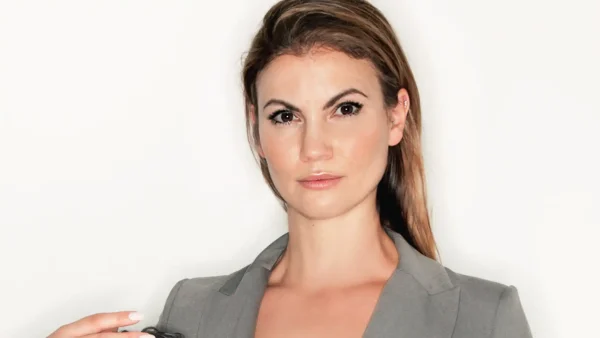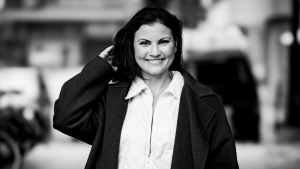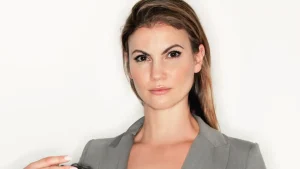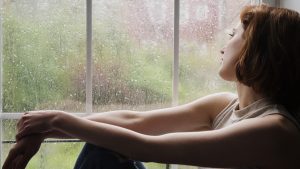
Linda Hackboom on life after cancer: 'I feel the consequences every day'
 Linda Hackboom: “Trial and error in life is the most beautiful story you can tell.”
Linda Hackboom: “Trial and error in life is the most beautiful story you can tell.”
Life after cancer
Linda suffered greatly from brain chemotherapy for a year and a half. “This can happen if you've had a lot of chemotherapy. It's cognitive issues. You're easily stimulated and your concentration is poor. To the outside world, I looked a little better, but on the inside I was still a mess. It wasn't me and I wasn't able to “Working normally. I tried, but I couldn't.”
Now you feel a little better. “But I still find it very difficult to improve my fitness. Much harder than before. I get tired more quickly and have a sore shoulder due to the radiation. To the outside world, it looks like I'm just keeping moving forward, but in fact I've adapted my whole life to “So. I'm a changed person in the same life.”
impact
Linda still has to come in once a year for routine checkups. “I'm lucky because I only have to come once a year, some people come once every few months. I think research like this has a big impact. I don't want to say I forget about the disease sometimes, but sometimes it's a bit far-fetched.
But the week before the scan, I didn't recognize myself at all. I feel like I'm actually subconsciously preparing myself for bad news. This is also one of the consequences. This is also the case in everyday life. If I think I feel a lump, that thinking will take over a bit.

To explain
She still has to explain that Linda suffers the consequences on a daily basis. “I look healthy again, but I still have complaints. I can't blame people though. I never knew it would have such far-reaching consequences. We should talk about it more. It doesn't stop after the last radiation or treatment.”
It can be very difficult to admit this. She knows that you also want to move on quickly. “There's a lot of places you can go to get help. And I'm still getting physical therapy, which is very nice. But you know what's lame? You also really want to keep going. You've been ruined by treatments for so long that you think: 'Come on, let's go back.' To work. During your treatments, it was about you all day long. This is also the danger: you want to resume life again, not to work less and to go to a psychologist or physiotherapist all the time. But it is necessary, and people suffer from it, including “There's a little me in them. You want to keep going, but you can't.”

Ambassador
This year, open days will be organized again at all IPSO reception centres. Last year, Linda went to a drop-in center on World Cancer Day. “I thought it was very special. You're sitting there with people who have experienced it too. That's very nice about it. When you live with and after cancer, you don't really know what's possible. You can just leave kanker.nl Enter your zip code and you'll see what's available in your area. Throughout the Netherlands there are many simple places such as reception centres. That's what's so good about World Cancer Day, you can walk anywhere and see if it could be something for you.
Last Thursday, Linda sat down at the Omroep MAX talk show table to talk about World Cancer Day. As a KWF Ambassador, she is involved at many different times. “I post information on my social media, I go to their press events and I go on talk shows to spread the message as much as I can from an expert. That's how I try to help them.”
Keep asking
Linda has some advice for people who have to live with and after cancer: “It's very important not to be too hard on yourself and to know that there is help. It's normal for me to have had it for a long time.”
Linda also has a message for people around her: “In the years after treatment, continue to ask: How are you really doing? Do you still feel anything about it? Do you suffer the consequences? Make sure to ask about it sometimes. I find it very difficult to always bring it up yourself, and soon people will think you're complaining. If someone asks, it's nice to talk about it.”


“Travel enthusiast. Alcohol lover. Friendly entrepreneur. Coffeeaholic. Award-winning writer.”
